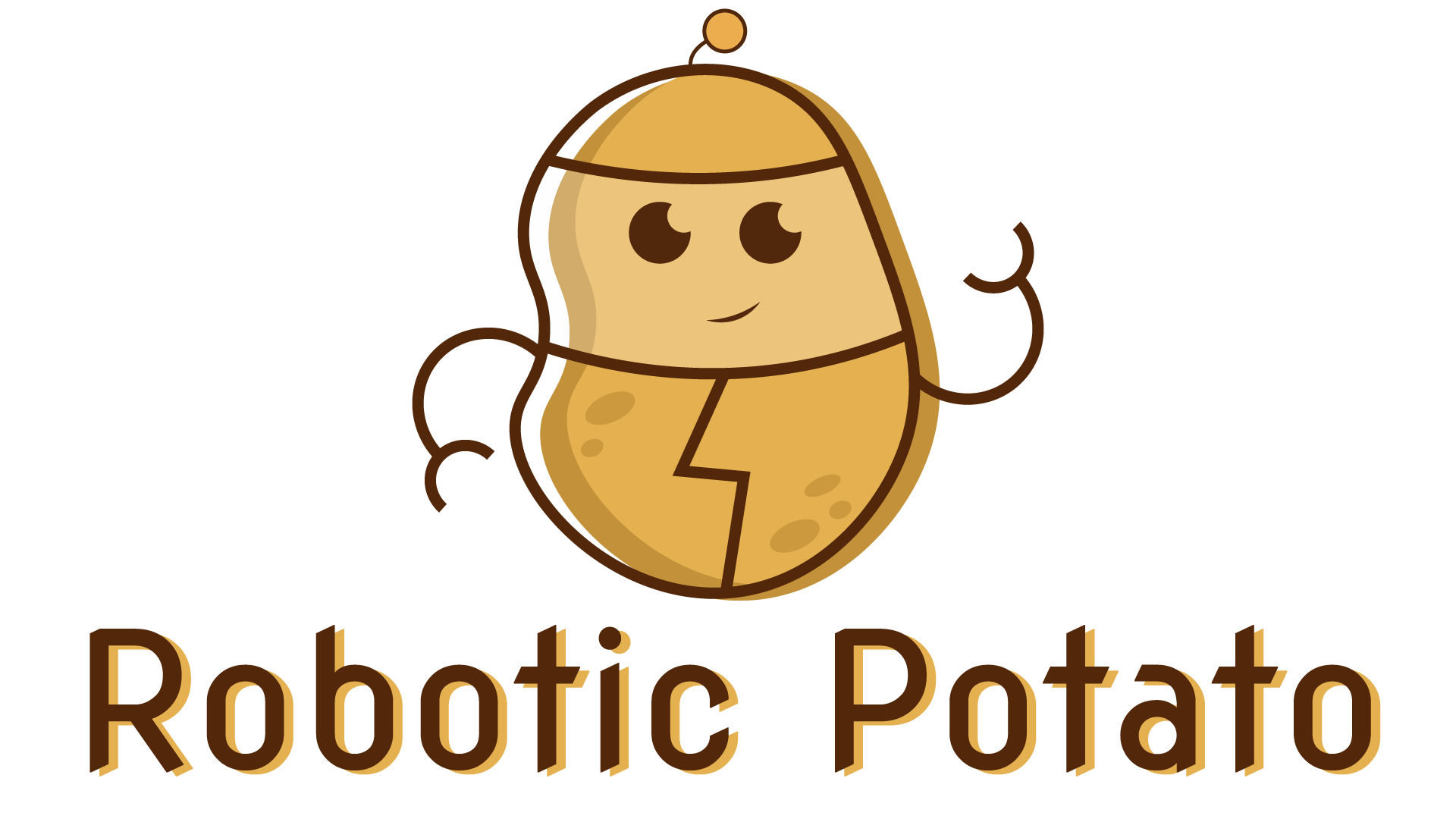The world of content creation has undergone a significant transformation with the advent of Artificial Intelligence (AI) technology. As AI continues to evolve and improve, it’s becoming increasingly clear that AI-powered tools can revolutionize the way we approach content writing. With the ability to generate high-quality content quickly and efficiently, AI for content writing has become a highly sought-after solution for businesses and individuals alike. But what exactly is AI for content writing, and how can it benefit your content strategy?

Can I Use AI for Content Writing?
I’ve been experimenting with AI tools for content writing, and I’m excited to share my findings.
- Benefits: AI writing tools can assist with repetitive tasks, provide a spark of inspiration, and give you the boost you need to begin writing or editing your text.
- Limitations: While AI can help with certain aspects of content creation, it’s essential to remember that human touch and creativity are still crucial for producing high-quality content.
Top 5 AI Tools for Content Writers
- Kontentai
- HubSpot Content Optimization Tool
- WordLens
- Content Blossom
- Articoolly
How to Get Started with AI-Powered Content Writing
To get started with AI-powered content writing, consider the following steps:
- Choose the Right Tool: Select an AI tool that aligns with your content needs and goals.
- Understand the Capabilities: Familiarize yourself with the tool’s features and limitations.
- Experiment and Refine: Test the tool, gather feedback, and refine your approach as needed.
Tips for Effective AI-Assisted Content Creation
To maximize the benefits of AI-assisted content creation, keep the following tips in mind:
- Human Touch: Balance AI-generated content with human insight and creativity.
- Quality Control: Review and edit AI-generated content to ensure accuracy and coherence.
- Contextual Understanding: Use AI tools that understand the context and nuances of your content.
The Best AI for Writing Content
We’ve reviewed numerous AI writing tools, and our team has identified several top contenders.
- Rytr: Rytr is a popular AI writer known for its ease of use and versatility. With Rytr, you can create high-quality content quickly and efficiently. Its advanced features allow you to customize your output and tailor it to your specific needs.
- Lumen5: Lumen5 is an AI video creation platform that enables you to turn blog posts into engaging videos. Its intuitive interface makes it easy to get started, and its AI engine ensures that your videos are always professional-looking and well-produced.
- WordLift: WordLift is an AI-powered content optimization tool that helps you improve your content’s SEO and readability. Its advanced algorithms analyze your content and provide actionable suggestions for improvement.
- Content Blossom: Content Blossom is an AI writer that uses machine learning to create high-quality content. Its advanced features allow you to customize your output and tailor it to your specific needs.
- Article Forge: Article Forge is an AI writer that creates high-quality articles quickly and efficiently. Its advanced features allow you to customize your output and tailor it to your specific needs.
When choosing the best AI for writing content, consider factors such as ease of use, customization options, and output quality. Our team recommends exploring each option thoroughly to determine which one best suits your needs.
Key Features to Consider
- Ease of use: Look for AI writers with intuitive interfaces that make it easy to get started.
- Customization options: Choose AI writers that offer advanced features allowing you to tailor your output to your specific needs.
- Output quality: Select AI writers that produce high-quality content that meets your standards.
- Integration capabilities: Consider AI writers that integrate seamlessly with your existing workflow and tools.
Conclusion is Not Necessary

Is There a Free AI That Can Write Content?
I’ve been searching for a reliable and cost-effective solution to automate my content creation process, and I’m excited to share my findings with you.
- HubSpot offers a free AI writer that allows businesses to quickly generate copy for various channels and programs. Their AI-powered writing assistant is integrated into their marketing, sales, and content features, making it easy to create and edit copy within familiar tools.
- Language Tool is another option that provides a free AI-powered writing assistant. While it’s primarily focused on grammar and spell checking, it can also offer suggestions for improving sentence structure and style.
- WordLift is a WordPress plugin that uses AI to help with content creation. It offers features like auto-completion, suggestion, and even content generation based on user input.
- Content Blossom is a free AI content generator that can assist with writing articles, product descriptions, and social media posts. It uses a combination of natural language processing and machine learning algorithms to produce high-quality content.
- Article Forge is another AI-powered content generator that can create articles, blog posts, and website content. It uses a proprietary algorithm to analyze user input and generate unique content based on that analysis.
When evaluating these options, consider factors like ease of use, customization capabilities, and the type of content you need assistance with. Some may require more setup or training, while others might be more geared towards specific industries or niches.
As you explore these alternatives, keep in mind that while they can save time and effort, they may not replace human creativity and judgment entirely. A balanced approach that combines AI-generated content with human oversight can lead to the most effective and engaging results.
Remember to always evaluate the output of any AI tool critically and make adjustments as needed to ensure the final product meets your standards and goals.

Is ChatGPT the Best AI for Writing?
ChatGPT is a popular AI writing tool known for its ability to generate realistic and engaging text, making it a strong contender in the market.
- Strengths:
- Generates high-quality, human-like content
- Capable of understanding complex topics and nuances
- Can adapt to various writing styles and tones
- Weaknesses:
- Limited knowledge cutoff, which may impact accuracy
- May struggle with creative writing tasks requiring originality
- Requires significant training data to produce optimal results
Competitors to Consider
Other notable AI writing tools worth exploring include:
- AI Bard : Excels at providing comprehensive and informative answers
- LangChain : Offers advanced language generation capabilities
- Jasper : Provides a user-friendly interface for content creation
Evaluating the Best AI for Writing
The choice between these tools ultimately depends on your specific needs and preferences.
- Consider the type of content you need to create
- Assess the level of complexity and nuance required
- Evaluate the tool’s ability to adapt to your writing style
- Weigh the pros and cons of each option
Conclusion is Not Necessary
Ultimately, the best AI for writing is the one that meets your unique requirements and produces high-quality content efficiently.
Choosing Between Gemini and ChatGPT for Writing
When it comes to selecting the ideal AI chatbot for writing tasks, two popular options come to mind: Gemini and ChatGPT.
- Text-based Tasks: ChatGPT excels in handling text-based tasks and research, making it a suitable choice for those who require in-depth analysis and well-researched content.
- Creative Tasks: On the other hand, Gemini shines in creative tasks and image generation, allowing users to tap into its innovative capabilities and produce unique visual content.
In addition to these strengths, it’s worth noting that both chatbots have their own set of features and functionalities that cater to different needs and preferences.
- Content Generation: Both Gemini and ChatGPT can generate high-quality content, but ChatGPT tends to produce more coherent and engaging articles.
- Image Generation: As mentioned earlier, Gemini excels in image generation, producing realistic and visually appealing images that can elevate any content piece.
- Conversational Flow: ChatGPT has a more conversational tone, making it easier to engage with users and respond to their queries in a more human-like manner.
Ultimately, the choice between Gemini and ChatGPT depends on your specific writing needs and goals. If you’re looking for a reliable partner for text-based tasks and research, ChatGPT might be the better option. However, if you need assistance with creative tasks and image generation, Gemini could be the way to go.
As a writer, it’s essential to understand the strengths and weaknesses of each chatbot to make informed decisions and maximize your output. By leveraging the unique features of Gemini and ChatGPT, you can unlock new possibilities and take your writing to the next level.
Key Considerations for Choosing Between Gemini and ChatGPT
- Task Type: Determine whether you need assistance with text-based tasks, creative tasks, or image generation to choose the most suitable chatbot.
- Content Quality: Evaluate the quality of content generated by each chatbot to ensure it meets your standards.
- Conversational Tone: Assess the conversational tone of each chatbot to determine which one aligns better with your writing style.
Conclusion is Not Required

Which Free AI is Better Than ChatGPT?
We’ve reviewed several alternatives to ChatGPT, and we’re excited to share our findings with you.
- Llama by Meta: Llama is an AI model developed by Meta, the company behind Facebook and Instagram. It’s known for its ability to understand and respond to complex questions and conversations.
- Google Bard : Google Bard is a conversational AI developed by Google. It’s designed to assist with tasks such as writing, proofreading, and language translation.
- Copilot X by Microsoft: Copilot X is an AI-powered tool that helps with coding, writing, and other creative tasks. It uses machine learning algorithms to suggest ideas and complete tasks.
- IBM Watson Assistant : IBM Watson Assistant is a cloud-based AI platform that enables developers to build conversational interfaces for various applications.
- Rasa : Rasa is an open-source conversational AI framework that allows developers to build contextual chatbots and voice assistants.
Each of these alternatives has its strengths and weaknesses, and the “best” one ultimately depends on your specific needs and preferences.
Key Features to Consider:
- Language Understanding : How well does the AI understand the nuances of human language?
- Response Quality : How accurate and helpful are the AI’s responses?
- Integration Capabilities : Can the AI integrate with other tools and platforms?
- Customization Options : Can you tailor the AI to fit your specific needs and workflows?
Conclusion:
In conclusion, there are many excellent alternatives to ChatGPT available, each with its unique features and benefits. By considering factors such as language understanding, response quality, integration capabilities, and customization options, you can choose the best AI for your needs and preferences.

0 Comments